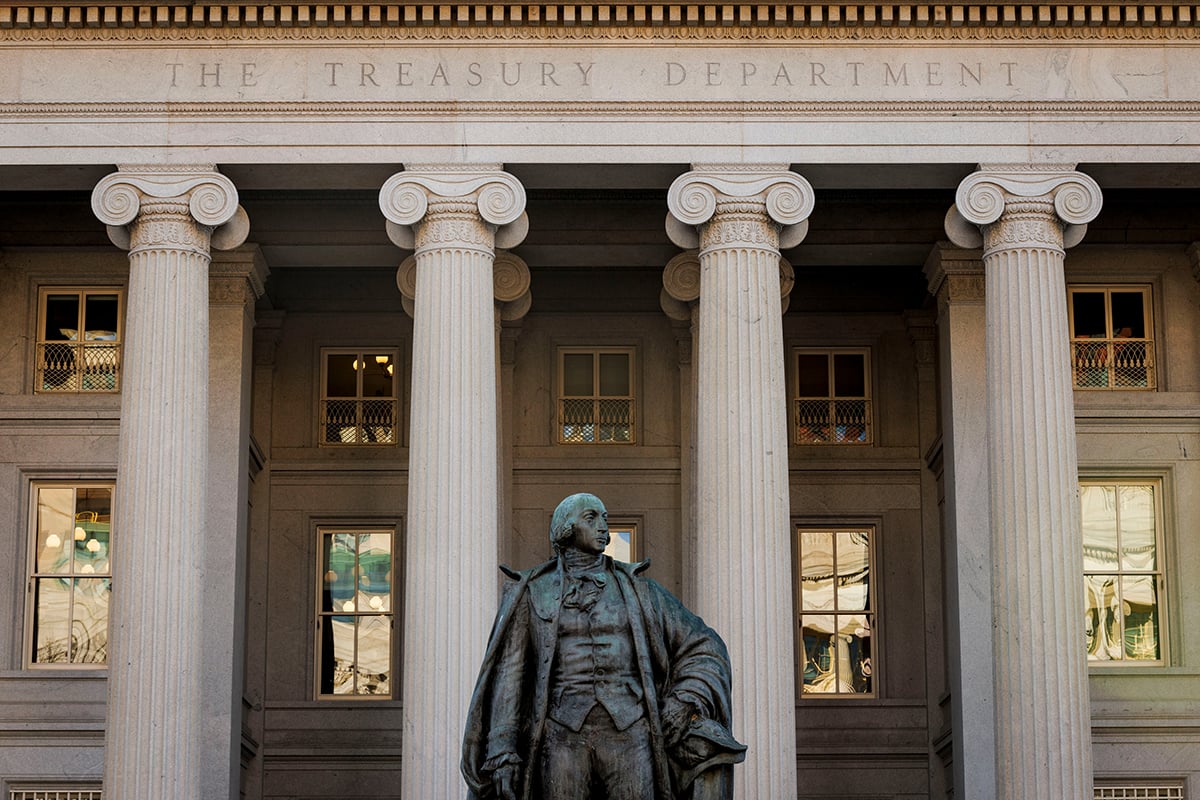A funny thing happened in the debt market this week. A $3.2 billion loan deal once chastised as “the worst ever” in terms of investor protections drew US$9 billion worth of orders, allowing it to be super-sized by almost a third.
The loan was part of a $10 billion leveraged buyout (LBO) financing package including bonds for Johnson Controls International Plc car battery unit Power Solutions. It surged from initial pricing of 99 to 100.25 in its first day of trading—indicating extra appetite from investors beyond the oversized order book.
“The upsizing of the deal meant there were fewer bonds to sell, and they experienced their own feeding frenzy,” said Canaccord Genuity strategist Brian Reynolds. “Johnson Controls intends to use most of the proceeds of the transaction to buy back stock. The overwhelming success of this deal makes it likely that there will be more such financial engineering ahead.”

An almost complete recovery in credit markets since the selloff late last year and a dovish Federal Reserve are refocusing attention on the multiyear boom in corporate debt, along with the risks that might now be stored up for a later date. For strategists at Deutsche Securities Inc., “unstoppable risk-taking” in the form of debt-financed share buybacks and acquisitions is stirring uneasy memories of the previous financial crisis, when Wall Street churned out a different type of security to satisfy rampant investor demand.
They argue that sluggish global growth, aging populations, and low interest rates create a massive and long-running headache for big investors such as pension and sovereign wealth funds: huge liabilities that “require high asset returns to avert bankruptcy.”
In the years before the crisis, those returns were served by a smorgasbord of securitized products created by investment banks that repackaged subprime loans into top-rated bonds. Investors often applied leverage, using derivatives or short-term funding, to juice returns.
“To make 'processed food' capable of satisfying investors' voracious appetite for high returns, it is necessary to have high-calorie (high-yield) ingredients,” Deutsche analysts Masao Muraki, Hiroshi Torii, and Tao Xu write in their note. “Accordingly, the finance and non-bank industries (investment banks at the top) cooked up a scheme to create high-yield loans by getting low-income workers to buy houses.”
Fast forward to today, and a similar process is under way in the corporate debt market, with highly leveraged companies becoming the ingredient du jour and asset managers replacing investment banks as the servers dishing out products to a new group of investors. The buyers now range from retail investors to exchange-traded funds (ETFs) to Japanese banks snapping up highly rated bundles of leveraged loans.
“After the global financial crisis, investment trusts (including ETFs) stepped up their investments in low-grade corporate credit (mainly companies in the U.S. and developing countries),” they argue. “Investment trusts have become enormous shadow banks for U.S. companies, providing 20 percent of their financing needs (corporate bonds and loans), compared with just 9 percent in 2007.”
© 2025 ALM Global, LLC, All Rights Reserved. Request academic re-use from www.copyright.com. All other uses, submit a request to [email protected]. For more information visit Asset & Logo Licensing.




